On April 26, Human Global Talent announced the results of its questionnaire survey on working in Japan. The survey was conducted on foreign businesspeople who have worked in Japan. Human Global Talent operates the site Daijob.com with job change assistance and job listings for bilinguals.
According to the survey results, it is understood that 73% of foreigners were satisfied working in Japan. The most common reason for satisfaction was personal growth, while salary was the most common source of dissatisfaction. 61% of respondents made positive remarks about Japanese culture, especially regarding the many work-related social gatherings and nights out.
More specifically, the survey indicated that 26% of the participants were satisfied with work, and 47% were somewhat satisfied. This showed that a total of 73%, or three out of four people, expressed satisfaction with their jobs. On the contrary, 20% were only somewhat satisfied and 7% were dissatisfied, highlighting that 27% of people expressed some lack of fulfillment working in Japan.
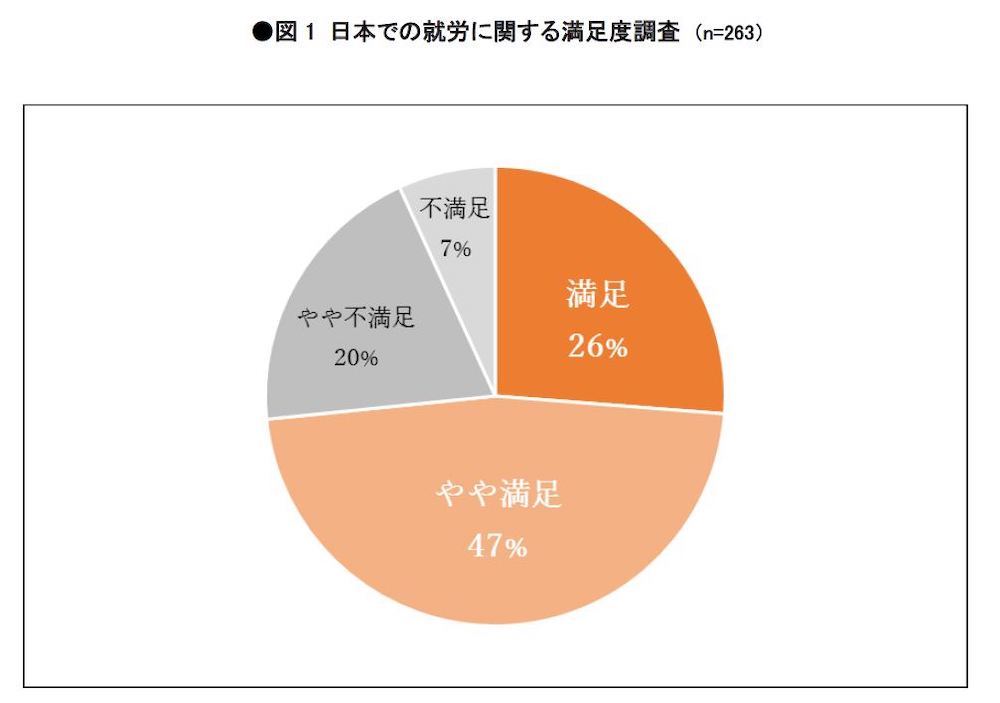 [Figure 1] Satisfaction survey on working in Japan
[Figure 1] Satisfaction survey on working in JapanAmong the reasons for replying “satisfied” or “somewhat satisfied,” 25% felt that there was opportunity for self-growth and development, which was the most common response. The salary was second at 23% and the nature of the job followed at 15%. Other reasons given for satisfaction included visa sponsorship and good teamwork.
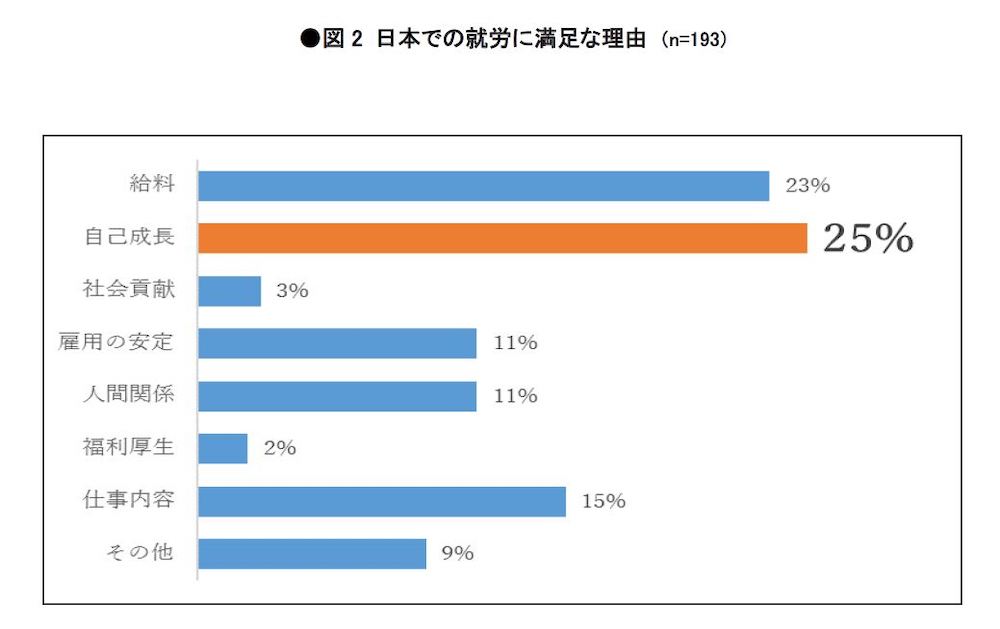 [Figure 2] Reasons for job satisfaction among foreign workers in Japan
[Figure 2] Reasons for job satisfaction among foreign workers in JapanAmong the reasons for negative responses of “somewhat satisfied” or “dissatisfied,” 32% noted salary (the most common cause), 14% mentioned poor interpersonal relationships and 10% indicated a lack of self-growth and employment stability. Other comments referred to things like long working hours and a language barrier.
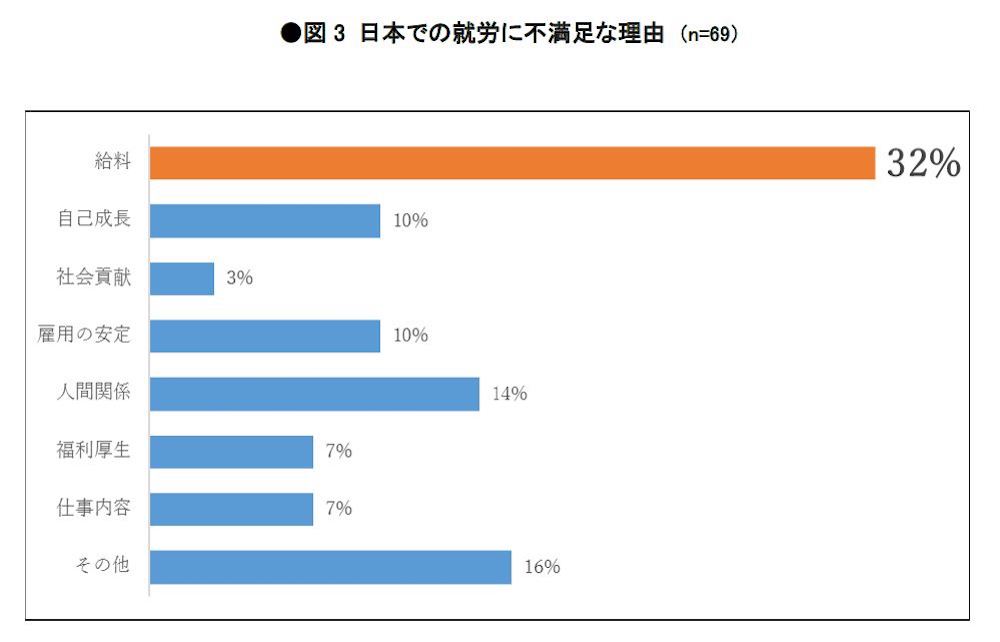 [Figure 3] Reasons for poor job satisfaction among foreign workers in Japan
[Figure 3] Reasons for poor job satisfaction among foreign workers in JapanThe next question was about the frequent work-related nights out. Respondents who approved such organized work-related social gatherings comprised 32%, and those who didn’t disapprove, but also didn’t fully approve made up 29%. Thus, a total of 61% of foreigners surveyed showed at least some approval of such events. However, 23% of the respondents didn’t find the social events that useful, and 16% didn’t feel the need for such parties at all.
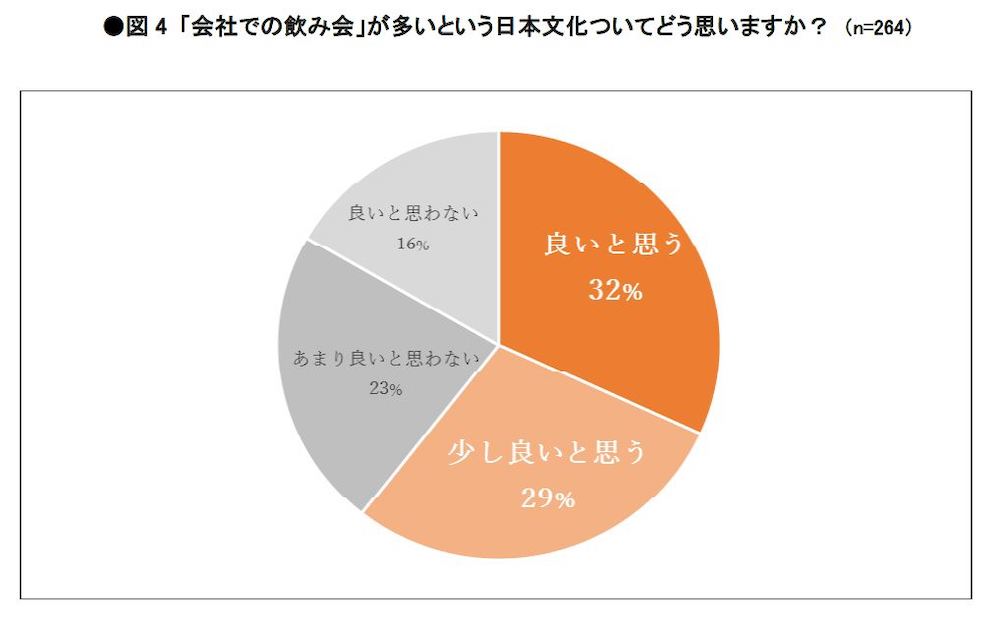 [Figure 4] What do you think about the number of work-related social events in Japanese culture?
[Figure 4] What do you think about the number of work-related social events in Japanese culture?Among the most common favorable responses regarding work-related social events were the potential for improved relationships and the ability to make new acquaintances. In addition, some commented that the parties help to relieve stress. On the other hand, the most common reasons for those who opposed the parties included the lack of private time away from work, and a lack of company funding to cover the necessary costs. Some responses also included the fact that the Islamic faith prohibits drinking alcohol, and others noted that drinking is not good for your health.
When asked about the desirable countries in which to work besides Japan, America was the top choice at 27%. England came second at 8%, followed by Australia, Singapore, and Canada each with 7%. The results reveal that most of them were English-speaking countries. The reasons indicated for choosing America included a high salary, a cross-cultural environment, and a meritocracy system.
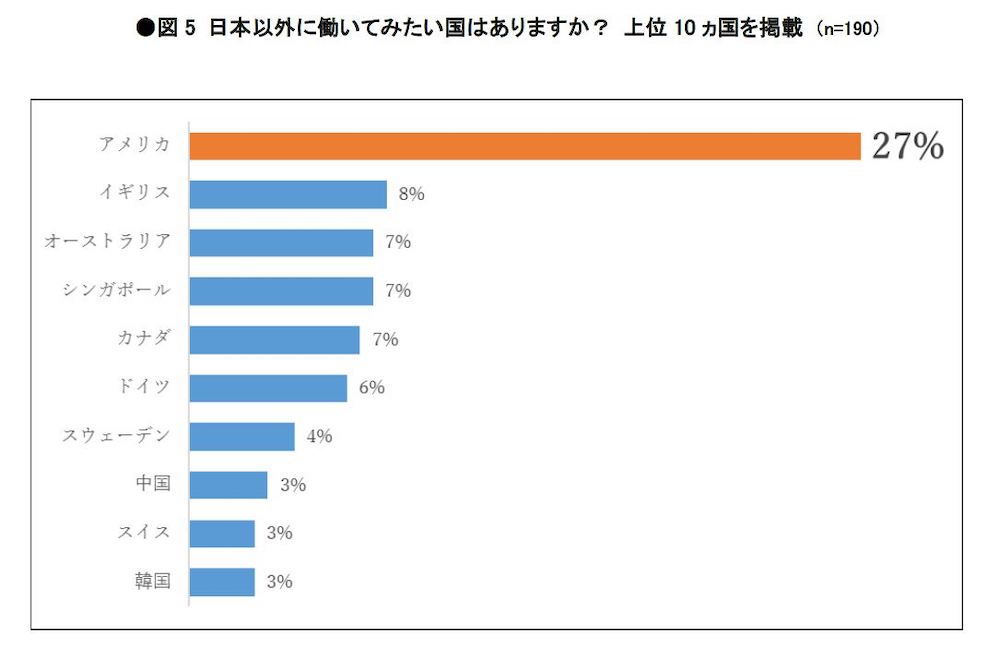 [Figure 5] Do you wish to work in countries other than Japan? The list above indicates the top 10 countries preferred by foreign workers
[Figure 5] Do you wish to work in countries other than Japan? The list above indicates the top 10 countries preferred by foreign workersLastly, when asked about the expectations from employees at Japanese companies in the comments section of the survey questionnaire, most of the responses pointed out the inflexibility of Japanese work culture. The comments noted that promotions should not be based on seniority, rules should be more flexible, and diversity must be valued. Some other opinions put forth mentioned a lack of opportunities for attaining a managerial role, the need for a special leave to visit one’s home country and a desire that employers stop treating non-Japanese workers as outsiders.
The results were gathered from an internet survey on Daijob.com, conducted from April 17 to April 19, 2019 on 332 non-Japanese citizens who are currently working in Japan or have done so in the past.



















